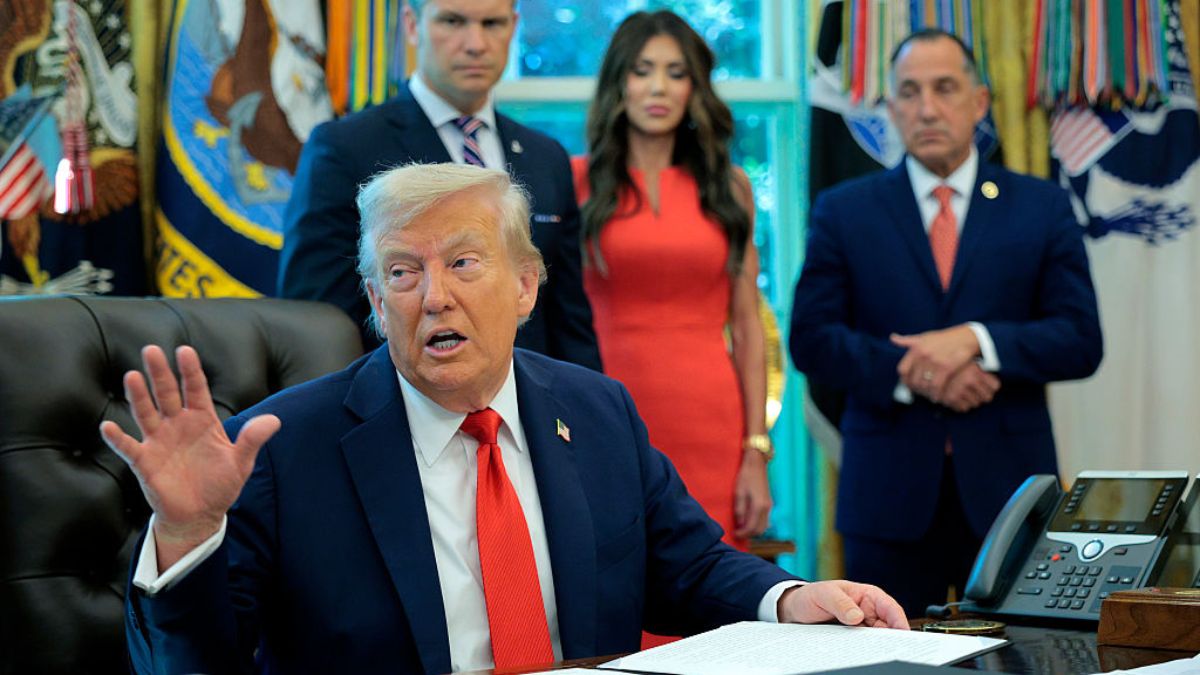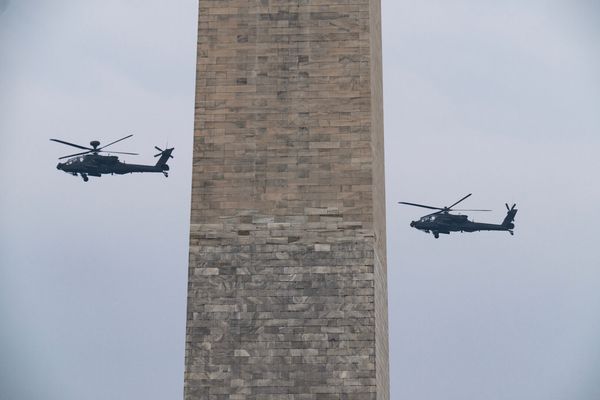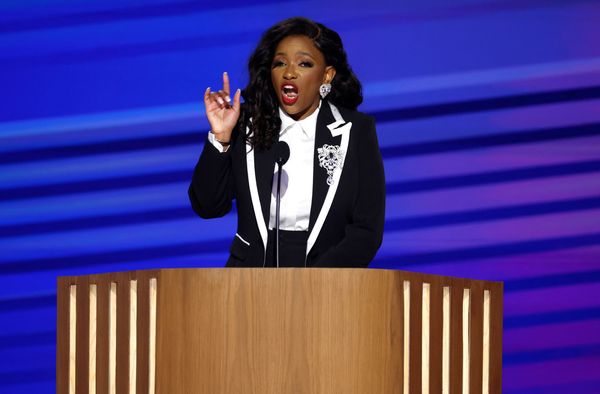
President Donald Trump signed an executive order on Monday directing federal authorities to prosecute those who burn American flags. The order comes after multiple incidents of flag burning during protests across the country over the past year.
The executive order requires the Attorney General to “vigorously prosecute those who violate our laws in ways that involve desecrating the American Flag” and to pursue legal action to clarify First Amendment protections in this area. Trump stated during the signing that anyone who burns a flag will face one year in jail with no early release.
The White House described flag burning as “uniquely offensive and provocative,” echoing language in the executive order that calls the practice a statement of contempt and violence against the nation. The order argues that such acts may incite violence and riots, though legal experts note this conflicts with established Supreme Court precedent from the 1989 Texas v. Johnson case.
Recent flag burning incidents fuel Trump’s executive action
The executive order follows several high-profile incidents of flag burning at protests. In June 2025, anti-ICE demonstrators in Los Angeles burned American flags during riots opposing Trump’s federal immigration enforcement. The protests involved violent clashes and property damage alongside the flag burning.
'ANTI-FREE SPEECH': Trump faced pushback from the right after signing an executive order on flag burning, as many conservatives argued that while the act is disgraceful, it is protected by the First Amendment. pic.twitter.com/XQV8IDy4x9
— Ronald D. Jacutin (@Agape1962) August 26, 2025
Other incidents include anti-Israel protesters burning flags during demonstrations in Chicago, Washington, D.C., and New York throughout 2024. Pro-choice activists also burned flags in Washington, D.C., following the overturning of Roe v. Wade in 2022. The Trump administration has also targeted other forms of protest, including recent action against cashless bail policies.
The order specifically mentions foreign nationals using flag burning to intimidate Americans, directing immigration officials to deny or revoke visas and pursue deportation in such cases. Legal scholars have criticized the order as unconstitutional, noting that flag burning has been protected as symbolic speech for over three decades. Ironically, just hours after Trump signed the order, a man was arrested near the White House for burning a flag in protest of the new policy.







